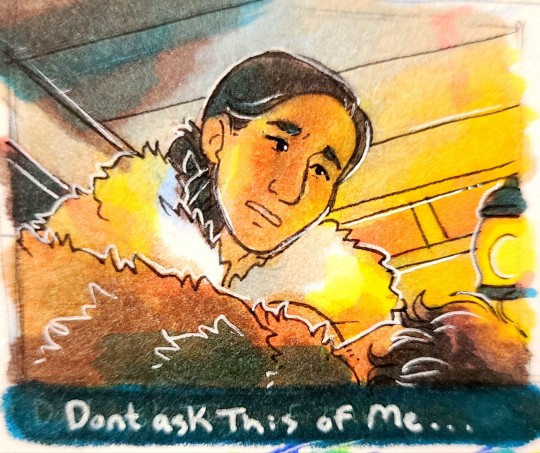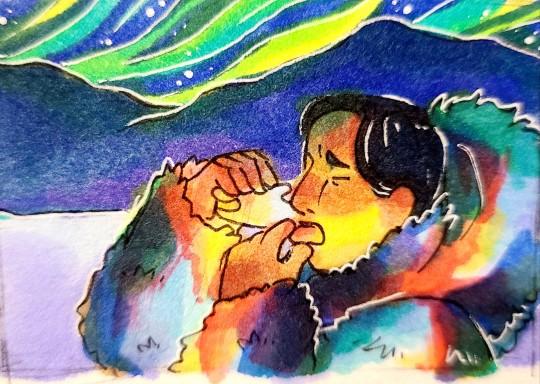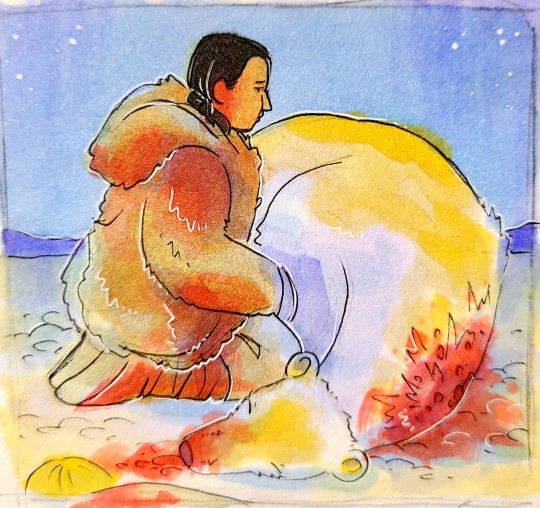Text
i think they should let me up to the arctic for a summer just to hang out. just to see what's going on. i can be trusted in archaeologically significant areas
21 notes
·
View notes
Text

we as a fandom have failed them
edmund hoar more like. edmund WHORE. samuel crispe more like. samuel WET amirite *i am taken out the back and shot*

53 notes
·
View notes
Photo



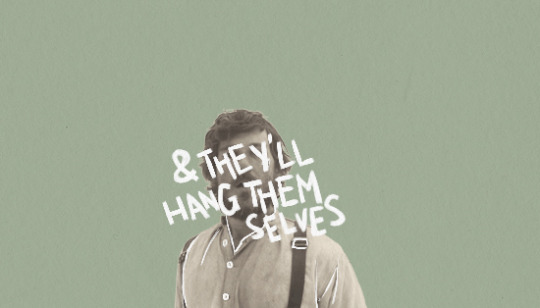
Whatcha gonna do, whatcha gonna do now?
- Word to the Wise, Hadestown (suggested by @laissezferre)
387 notes
·
View notes
Text

Can’t stop thinking about the terror
559 notes
·
View notes
Text
Things I look for in history books:
🟩 Green flags - probably solid 🟩
Has the book been published recently? Old books can still be useful, but it's good to have more current scholarship when you can.
The author is either a historian (usually a professor somewhere), or in a closely related field. Or if not, they clearly state that they are not a historian, and encourage you to check out more scholarly sources as well.
The author cites their sources often. Not just in the bibliography, I mean footnotes/endnotes at least a few times per page, so you can tell where specific ideas came from. (Introductions and conclusions don't need so many citations.)
They include both ancient and recent sources.
They talk about archaeology, coins and other physical items, not just book sources.
They talk about the gaps in our knowledge, and where historians disagree.
They talk about how historians' views have evolved over time. Including biases like sexism, Eurocentrism, biased source materials, and how each generation's current events influenced their views of history.
The author clearly distinguishes between what's in the historical record, versus what the author thinks or speculates. You should be able to tell what's evidence, and what's just their opinion.
(I personally like authors who are opinionated, and self-aware enough to acknowledge when they're being biased, more than those who try to be perfectly objective. The book is usually more fun that way. But that's just my personal taste.)
Extra special green flag if the author talks about scholars who disagree with their perspective and shows the reader where they can read those other viewpoints.
There's a "further reading" section where they recommend books and articles to learn more.
🟨 Yellow flags - be cautious, and check the book against more reliable ones 🟨
No citations or references, or references only listed at the end of a chapter or book.
The author is not a historian, classicist or in a related field, and does not make this clear in the text.
When you look up the book, you don't find any other historians recommending or citing it, and it's not because the book is very new.
Ancient sources like Suetonius are taken at face value, without considering those sources' bias or historical context.
You spot errors the author or editor really should've caught.
🟥 Red flags - beware of propaganda or bullshit 🟥
The author has a politically charged career (e.g. controversial radio host, politician or activist) and historical figures in the book seem to fit the same political paradigm the author uses for current events.
Most historians think the book is crap.
Historical figures portrayed as entirely heroic or villainous.
Historical peoples are portrayed as generally stupid, dirty, or uncaring.
The author romanticizes history or argues there has been a "cultural decline" since then. Author may seem weirdly angry or bitter about modern culture considering that this is supposed to be a history book.
The author treats "moral decline" or "degeneracy" as actual cultural forces that shape history. These and the previous point are often reactionary dogwhistles.
The author attributes complex problems to a single bad group of people. This, too, is often a cover for conspiracy theories, xenophobia, antisemitism, or other reactionary thinking. It can happen with both left-wing and right-wing authors. Real history is the product of many interacting forces, even random chance.
The author attempts to justify awful things like genocide, imperialism, slavery, or rape. Explaining why they happened is fine, but trying to present them as good or "not that bad" is a problem.
Stereotypes for an entire nation or culture's personality and values. While some generalizations may be unavoidable when you have limited space to explain something, groups of people should not be treated as monoliths.
The author seems to project modern politics onto much earlier eras. Sometimes, mentioning a few similarities can help illustrate a point, but the author should also point out the limits of those parallels. Assigning historical figures to modern political ideologies is usually misleading, and at worst, it can be outright propaganda.
Extraordinary claims require extraordinary evidence. "Big theory" books like Guns, Germs and Steel often resort to cherry-picking and making errors because it's incredibly hard for one author to understand all the relevant evidence. Others, like 1421, may attempt to overturn the historical consensus but end up misusing some very sparse or ambiguous data. Look up historians' reviews to see if there's anything in books like this, or if they've been discredited.
There are severe factual errors like Roman emperors being placed out of order, Cleopatra building the pyramids, or an army winning a battle it actually lost.
When in doubt, my favorite trick is to try to read two books on the same subject, by two authors with different views. By comparing where they agree and disagree, you can more easily overcome their biases, and get a fuller picture.
(Disclaimer - I'm not a historian or literary analyst; these are just my personal rules of thumb. But I figured they might be handy for others trying to evaluate books. Feel free to add points you think I missed or got wrong.)
962 notes
·
View notes
Text
This is not a google drive folder with books about the Franklin Expedition in epub/pdf
(will be updated, titles under the cut)
Keep reading
1K notes
·
View notes
Photo

I commissioned @neptuniite on twitter for this lovely Bridglar picture of my Coffee Shop AU Meet Cute! ☕✨
https://archiveofourown.org/works/28905066
74 notes
·
View notes
Text


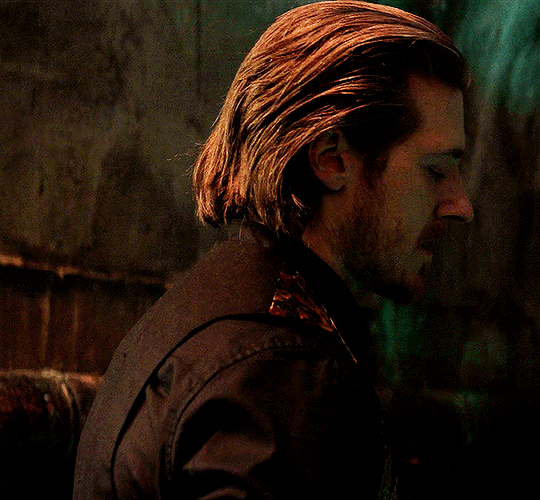







Adam Nagaitis as Quinn
The Walking Dead: Daryl Dixon | 1.03 "Paris Sera Toujours Paris"
#terror cast#adam nagaitis#q#ok but were i to watch this having never seen twd. would i be completely lost
195 notes
·
View notes
Text

45 notes
·
View notes
Text

he’s so shape to me so i doodled him instead of listening to my lecture
19 notes
·
View notes
Text
mutuals posting about the stanvoeux atticwife fic for months finally broke me down and I read the summary out of curiosity and. do you ever do something and just know immediately that you're fucked. that you've doomed yourself. genuine sense of dread settling over me as I read this and understand with horror that I'm going to do nothing else for the next three days and will not be the same afterwards
35 notes
·
View notes
Photo
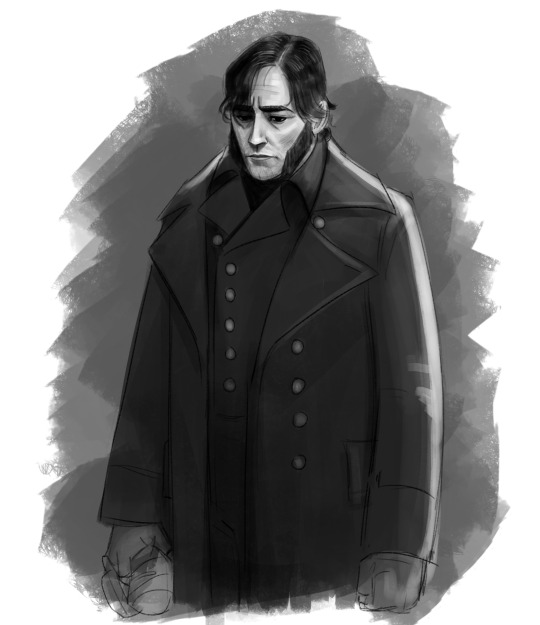
ned doodle
#put this in the dsm-5 next to the diagnostic criteria for clinical depression#<- prev tag#art#edward little#q
482 notes
·
View notes
Text

William Gibson
Are you not well, Billy?
59 notes
·
View notes
Text

Thomas Armitage
I’m sorry Tom
47 notes
·
View notes
